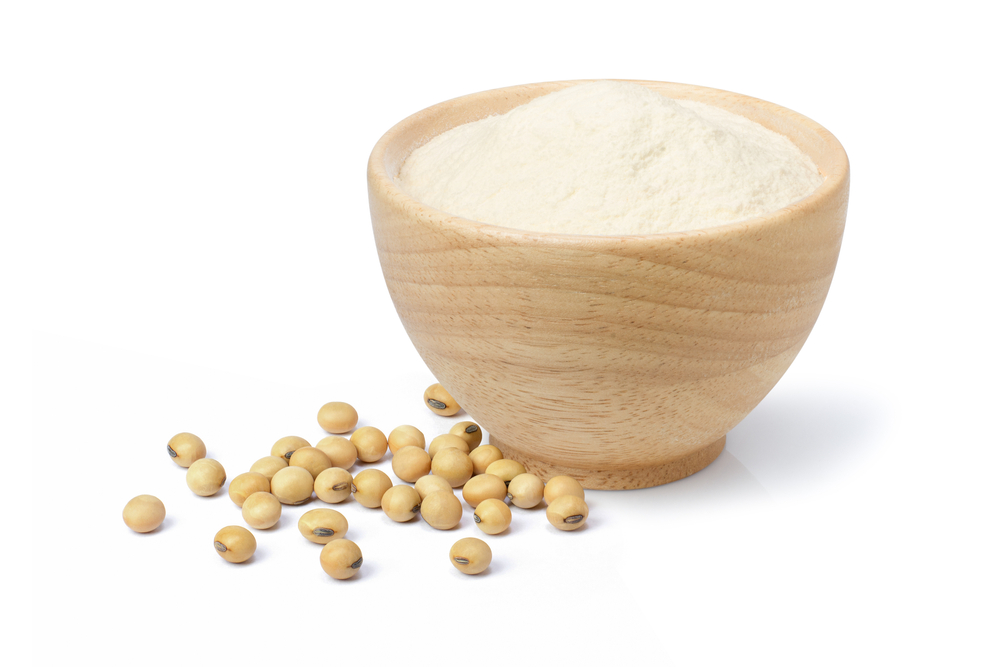According to research, we’re understandably running more than ever for our mental health over the last year. This study researched 14,000 runners in 12 different countries during the COVID-19 pandemic.
Running became a lifeline for some, providing solitude from the strange and stressful year we’ve had as well as allowing us to connect with nature and get our hearts pumping when we’ve been cooped up all day.
The UK’s newfound love of running has helped our mental health by reducing levels of anxiety and stress and increasing mood and sleep quality. Whether you’re a seasoned runner, are relatively new, or are planning on getting started, here we look at the most commonly searched running woes so you can perform at your best.
We gathered Google search data to find out which searches have grown the most regarding running woes over the last year from 1 July 2020 to 30 June 2021.
How soon after eating can I run?
Searches for “How soon after eating can I run?” increased by 1,100%.
Exercising in any way immediately after eating is never a good idea. Running right after food can interrupt your digestion and lead to stomach pain as well as interfering with your performance, leaving you feeling sluggish and less alert. A general rule of thumb suggests that you should wait 30 minutes to an hour after a snack, and three to four hours after a big meal before you get on your men’s or women’s trainers and head out.
However, it is worth bearing in mind that there is no “one size fits all” approach to eating before exercise, as everyone metabolises food differently. You might feel energised eating before working out. Find out what works for you.
Is a 9-minute mile good?
“Is a 9-minute mile good?” was the question on everyone’s fingertips – searches increased by 700%.
Each person’s level of fitness is multi-factorial. This can depend on your age, genetics, and how much you exercise. A non-competitive runner would typically run one mile in around 9 to 10 minutes. If you’ve just started, you can look at a figure closer to 12 or 15.
How to pace yourself when running
“How to pace yourself when running” saw a 367% increase between 1 July 2020 and 30 June 2021.
There are several key steps you can follow to pace yourself when you are running:
- Warm up your cardiovascular system first. You may feel after a short time of running that your lungs are on fire and you are out of breath. Breathing heavily doesn’t allow you to regulate your breathing. Warm up activities such as light jogging or some form of slow exercise can help prepare your body.
- Slow down. It might sound obvious but running at a slower pace can help you last longer. Try running at a pace you can have a conversation at so you’re not exhausting yourself early on.
- Regulate your breathing. Take controlled breaths in and out every few steps.
- The run-walk method can help build your mileage, making it easier for you to run longer and longer each time.
How to run in the heat
Searches for “How to run in the heat” grew by 367%.
Running in spring or autumn is ideal as it isn’t too hot or too cold. Running when it is too hot can be dangerous, so making a few changes to your routine can make it much safer and more bearable:
- When it is hotter, you will be sweating more and therefore become more dehydrated. Make sure you carry fluids with you so you can rehydrate.
- Wear light, breathable clothing. Avoid cotton, as this will trap heat and hold onto your sweat, which in turn will raise your temperature.
- Don’t run on an empty stomach – make sure you ate a substantial meal a few hours before you exercise so that you are energised.
- Run a route that is shaded and will protect you from direct sunlight for prolonged periods of time.
- Take walking breaks when needed and don’t push yourself. Don’t compare your performance to how you’d run on a cooler day.
Is jogging on the spot good exercise?
“Is jogging on the spot good exercise?” saw searches increase by 367%.
Yes – running and jogging in any capacity is an aerobic exercise which is moving your muscles, strengthening your core, raising your heartbeat, enhancing lung capacity, and improving circulation. If the weather is bad, you can just stay indoors, and exercise comfortably.
With your woes now addressed, you’re ready to get out there and exercise to the best of your ability!
Sources
https://www.runnersworld.com/uk/news/a32809836/asics-running-study-coronavirus/
https://www.sportengland.org/activelivesapr20
https://www.healthline.com/health/fitness-exercise/how-long-to-wait-after-eating-to-run
https://www.healthline.com/health/average-mile-time
https://dailyburn.com/life/fitness/running-pace-pacing-tips/







